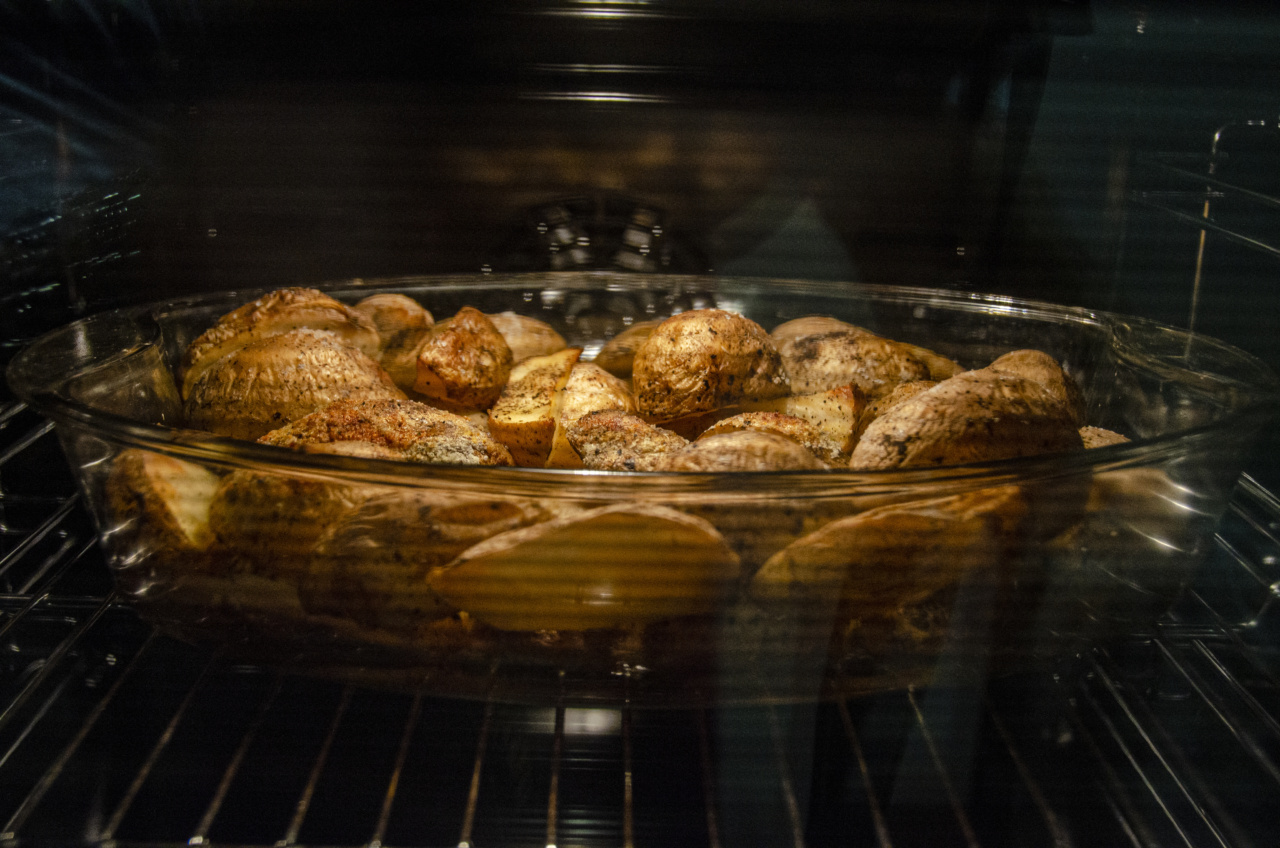Endometriosis is a medical condition that affects women all over the world. The condition occurs when endometrial tissue grows outside the uterus and engulfs the reproductive organs, causing pain, cramps, and abnormal menstrual cycles.
While there is no known cure for endometriosis, proper diet and nutrition can help manage its symptoms and alleviate the pain.
The Link between Endometriosis and Nutrition
Research has shown that women with endometriosis have excessive levels of inflammation in their bodies. Therefore, the types of foods they consume can significantly impact their health, especially their digestive and immune systems.
Here are some nutrients and foods that can help manage endometriosis:.
1. Omega-3 Fatty Acids
Omega-3 fatty acids are highly anti-inflammatory and can help reduce the symptoms of endometriosis. Foods rich in omega-3s include fatty fish, flaxseed, chia seeds, and walnuts.
2. Fiber
Fiber can help manage endometriosis symptoms by regulating bowel movements. The recommended daily intake of fiber is about 25 grams per day. You can get fiber from whole grains, fruits, and vegetables.
3. Iron
Endometriosis can cause excessive bleeding during menstruation, leading to anemia. Iron-rich foods such as leafy greens, lentils, and red meat can help replenish lost iron and alleviate symptoms of fatigue.
4. Selenium
Studies have shown that women with endometriosis have lower levels of selenium in their bodies. Selenium is a mineral that acts as an antioxidant and helps to reduce inflammation. You can get selenium from Brazil nuts, tuna, and chicken.
5. Phytoestrogens
Phytoestrogens are plant-based compounds that can help balance estrogen levels in the body. High estrogen levels can exacerbate endometriosis symptoms. Foods rich in phytoestrogens include soy products, flaxseed, and chickpeas.
6. Water
Drinking enough water is essential for managing endometriosis symptoms. Dehydration can lead to constipation and bloating, which can exacerbate the symptoms. Women are recommended to consume around eight cups of water per day.
7. Vitamins C and E
Vitamin C is an antioxidant that can help reduce inflammation in the body. Foods rich in vitamin C include citrus fruits, strawberries, and bell peppers. Vitamin E is another antioxidant that helps repair damaged tissues.
Foods rich in vitamin E include sunflower seeds, almonds, and avocado.
8. Probiotics
Probiotics are beneficial bacteria that live in the gut. They help to maintain a healthy digestive system, which is essential for managing endometriosis. Fermented foods like yogurt, kefir, and kombucha are excellent sources of probiotics.
9. Avoid: Caffeine and Alcohol
Caffeine and alcohol can exacerbate the symptoms of endometriosis. Both of these drinks can cause dehydration, which can lead to constipation and bloating.
Additionally, caffeine can exacerbate anxiety and irritability, while alcohol can lead to depression and fatigue.
10. Avoid: Processed Foods
Processed foods are high in sugar, sodium, and unhealthy fats. These foods can exacerbate the symptoms of endometriosis by causing inflammation and bloating.
Refined carbohydrates, such as white bread and pasta, should also be avoided, as they can slow down digestion and cause constipation.
Conclusion
Endometriosis can be a challenging condition to manage. However, a proper diet that consists of anti-inflammatory foods can help alleviate symptoms and improve overall health.
By incorporating the nutrients and foods listed above into your diet, you can take an important step towards managing endometriosis and improving your quality of life.































